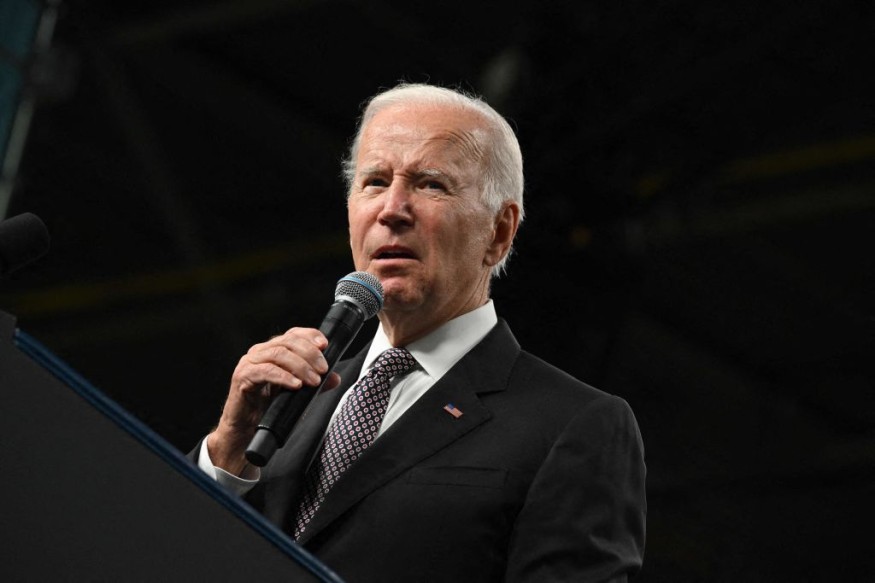Joe Biden Administration Eyeing to End COVID-19 Public Health Emergency on May 11

The White House said in a statement that it would end the public health emergency, including the national health emergency that was imposed during the administration of former U.S. President Donald Trump.
The Health and Human Services Department has vowed to give states 60 days before ending the public health emergency so the health care system has enough time to ready themselves returning to normal.
The public health emergency is usually extended every 90 days since January 2020, with the virus evolving and developing new variants that require different approaches.
HHS recently extended the public health emergency again earlier in January.
Aside from the end of a public health emergency declarations, the White House is also eyeing to transfer the distribution of COVID-19 vaccines to the private market in the near future. However, the exact date remains unclear.
Moderna and Pfizer both said that they might charge as much as $130 per dose of vaccine once transferred to the private market. The projected price is quadruple what the federal government pays.
End of COVID-19 Public Health Emergency
The White House said that it would extend the COVID-19 emergencies one last time to ensure an orderly preparation of key authorities, health care providers, and patients.
One White House official noted that the reason behind the planned end of public health emergency for the COVID-19 pandemic was the successful vaccination campaign and decrease in COVID cases, hospitalizations, and deaths, according to CNN.
The public health emergency allowed the government to provide Americans with COVID-19 tests, treatments, and vaccines without paying a cost.
There were also enhanced social safety net benefits offered to help struggling Americans cope with the pandemic and cushion its economic impact.
Medicare and Medicaid also covered therapeutic treatments such as monoclonal antibodies during the public health emergency declaration.
With it being put to an end, American patients would have to start paying for the said items.
States will also now be allowed to start processing Medicaid redeterminations and disenrolling residents who no longer qualify.
Under the public health emergency, states were barred from removing Medicaid recipients.
Experts on Public Health Emergency End
Larry Levitt, the executive vice president for health policy at Kaiser Family Foundation, noted that the Biden administration has been catching up to what a lot of people in the country have been facing, in some aspects, according to Associated Press News.
However, Levitt said that people are still dying from COVID per day. He also acknowledged that some things will change once the emergency declaration expires.
Office of Management and Budget expressed strong opposition to House Republican legislation targeting the immediate end of emergency declarations.
OBM noted that quickly ending the emergency declarations under the bill would make way for a "wide-ranging chaos" and create uncertainty in the health care system.
The office went on to say that it would create "confusion and chaos" when it comes to the process of winding down Medicaid coverage.
The World Health Organization noted on Monday that the COVID-19 pandemic remains a global health emergency.
READ MORE : More Than 5,000 Students in a Single Florida School District Quarantined or Isolated Due to COVID
This article is owned by Latin Post.
Written by: Mary Webber
WATCH: WHO says COVID-19 remains global health emergency - from CBC News
Subscribe to Latin Post!
Sign up for our free newsletter for the Latest coverage!
© 2026 Latin Post. All rights reserved. Do not reproduce without permission.















